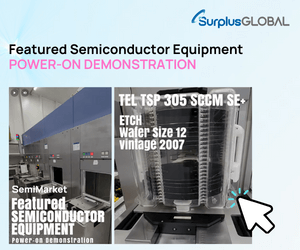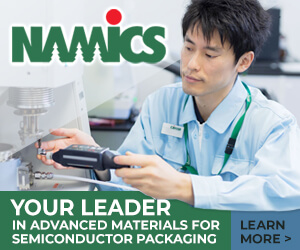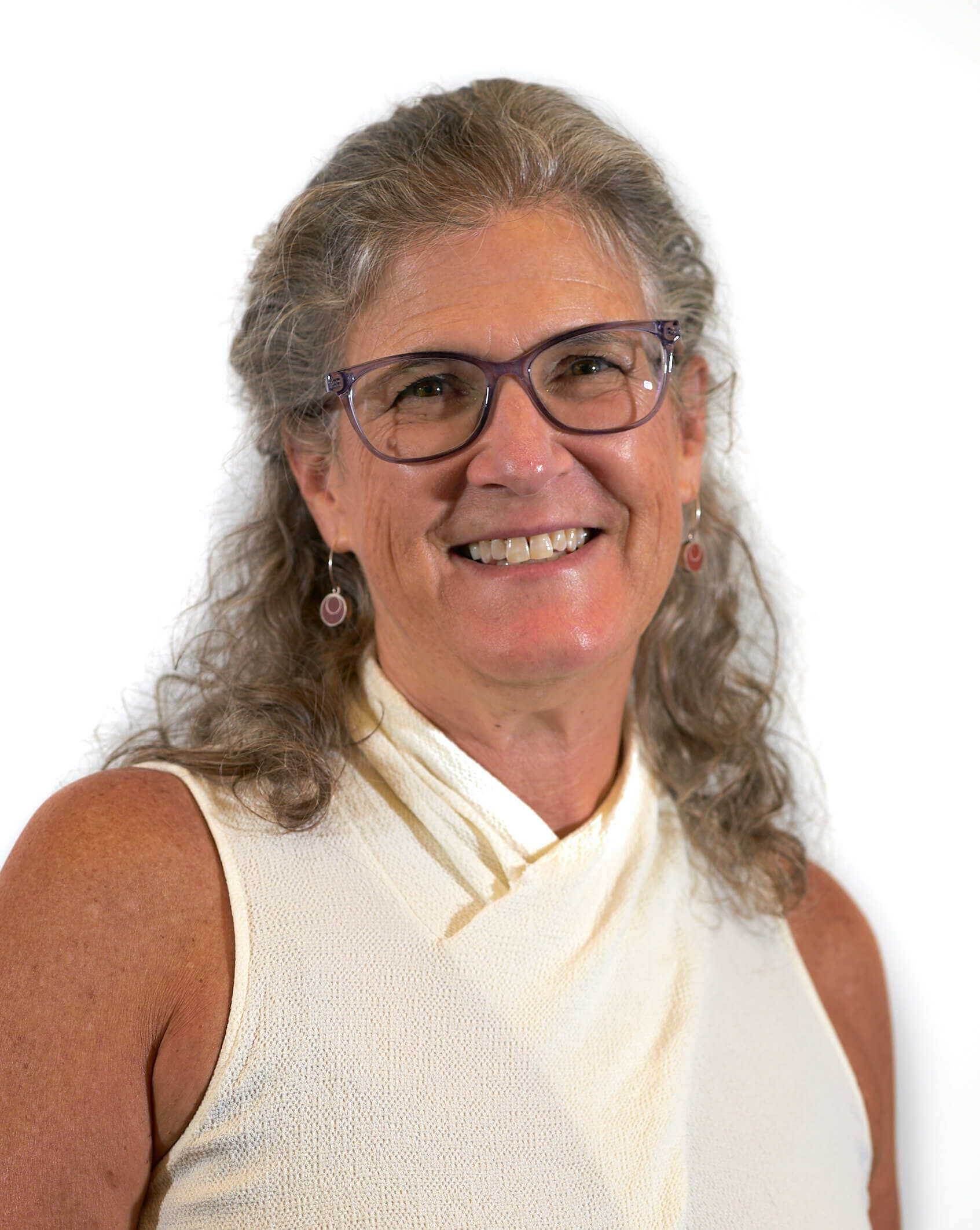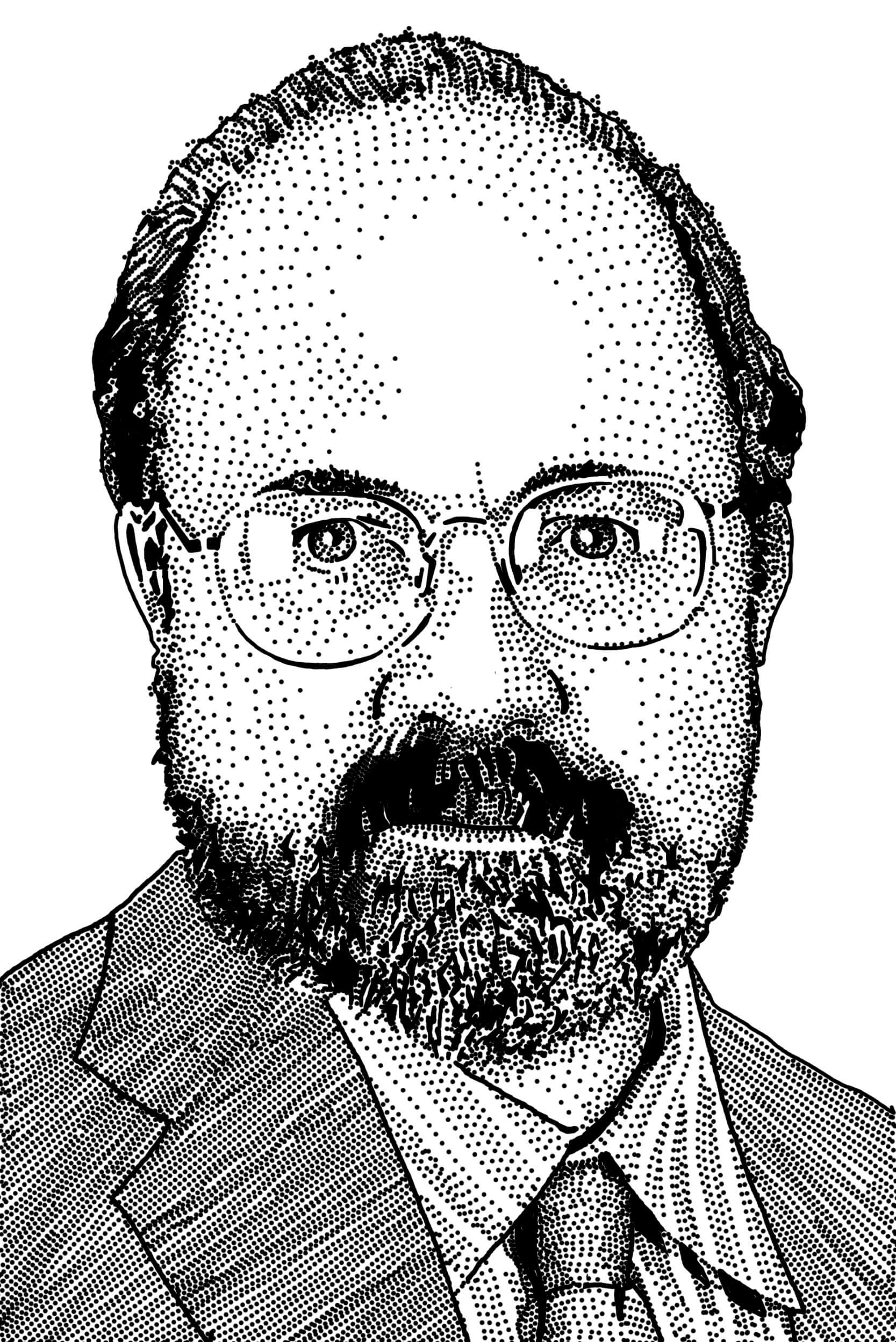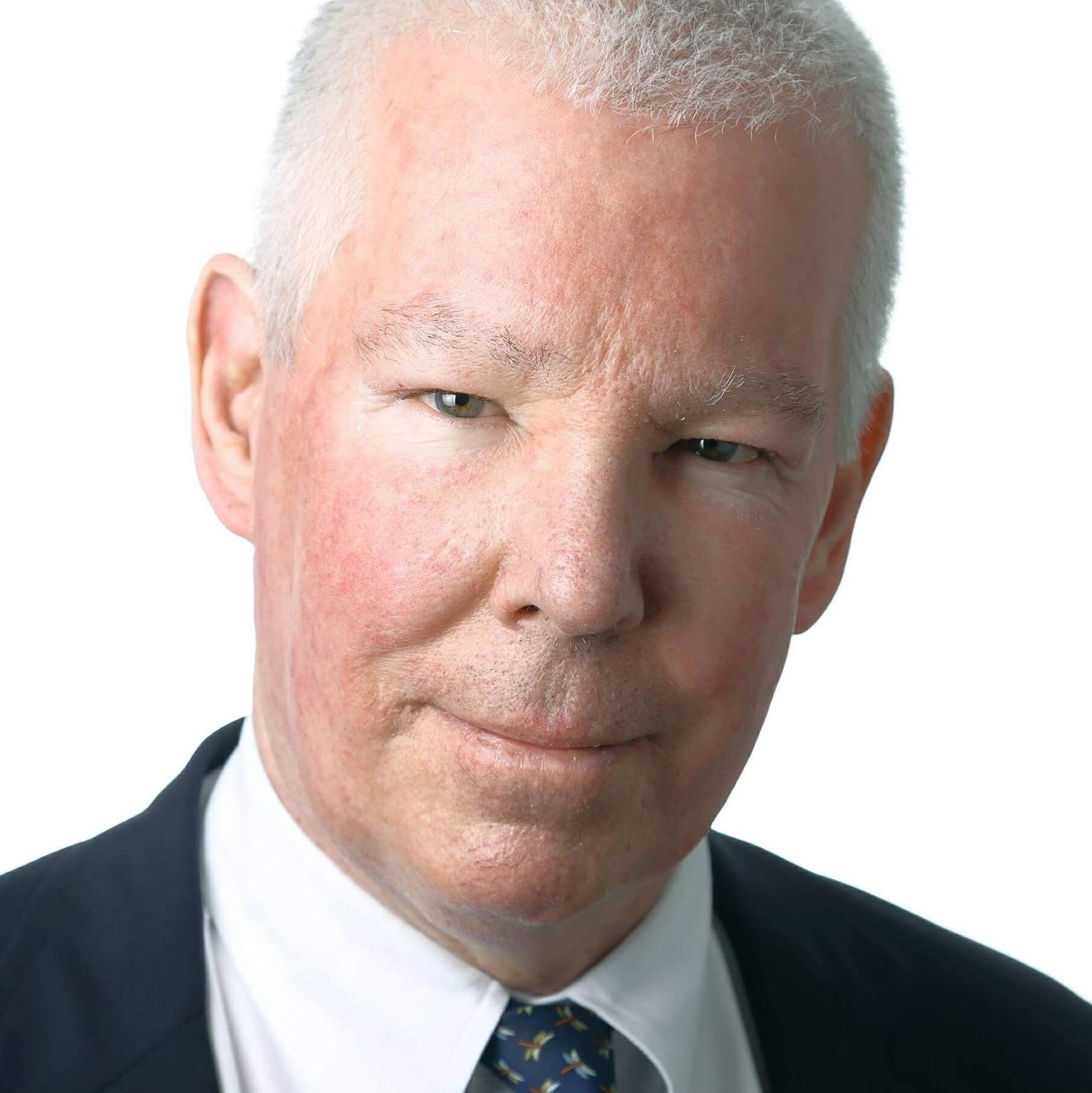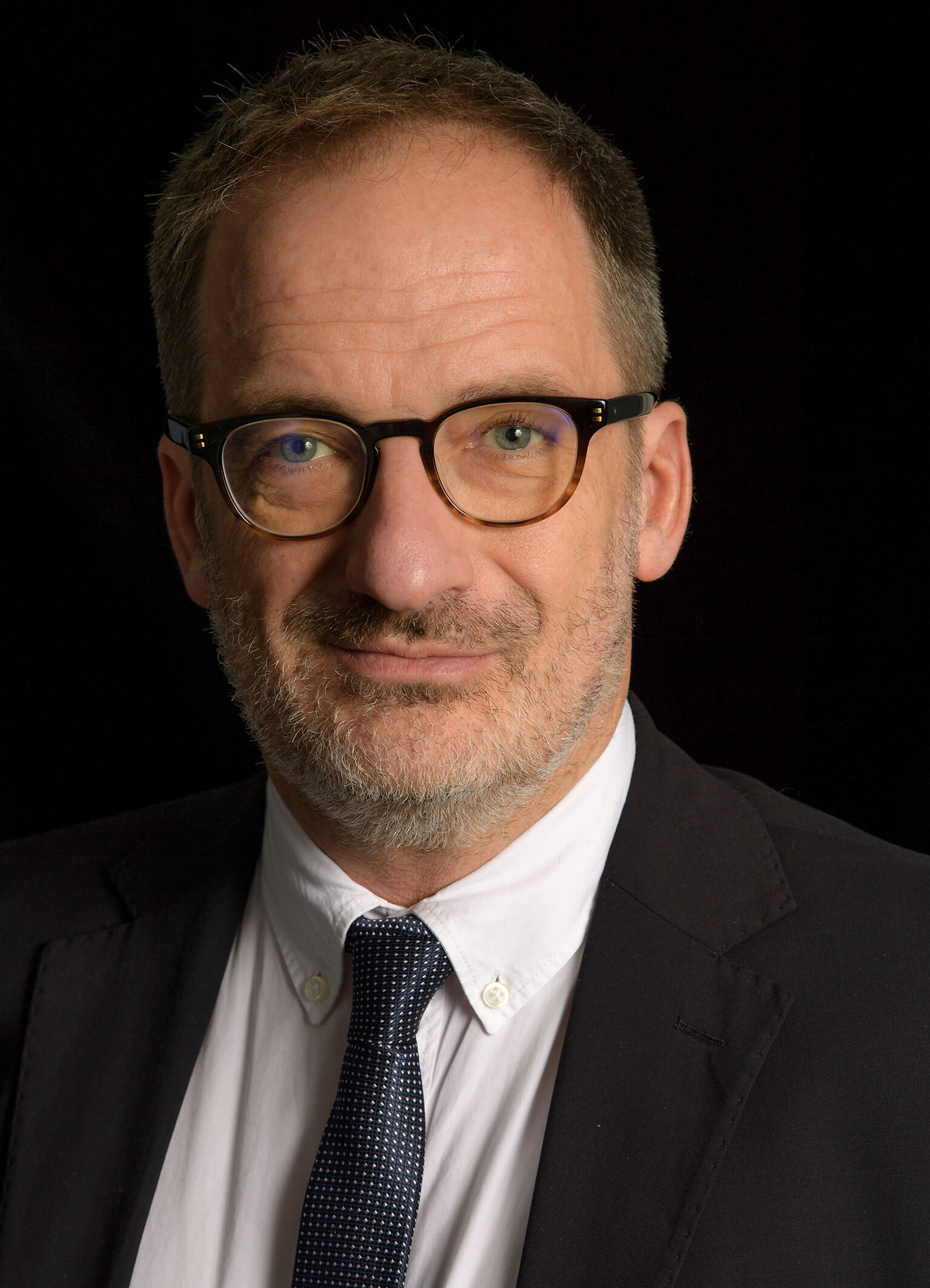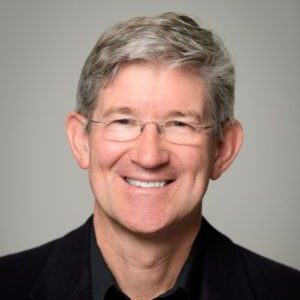Launching a disruptive technology into an industry that is set in their ways is not a job for sissies. But Alchimer’s CEO, Steve Lerner, is clearly a man of action. After exploring various paths of cooperation and running into various roadblocks, Lerner determined the best – and quickest—route to industrialization was to be independent, with its own equipment, lab, chemistries and process. This week, with the opening of a 300mm applications and development facility in Seoul, Korea, the single biggest barrier to demonstrating the company’s core technology, electrografting (eG™), has been removed.
According to Lerner, the greatest obstacle to industrial integration was access to 300mm processing. “Customers want to see process running on 300mm – not just 200mm,” he explained. “Technically, this is a minor issue for Alchimer, but perception is important. We needed a methodology for addressing customer structures.” He says the issue is not a problem as far as scale, like, for example, with temporary bonding/debonding processes. The company proved the concept on 300mm wafers four years ago with excellent results. The problem was entertaining customer structures on their platform of choice: 300mm is the only platform they can provide structures on. “In order to show it to the world, we had to come up with our own line,” he said.
So why Korea? “We couldn’t find anyone in the US who was willing to do something at the pace that we needed,” explained Lerner, adding that they also looked at locations in Taiwan. “Many wanted us in their backyard, but the deal and services pale in comparison to what we got in Korea.” Years of positive experience working in Korea left Lerner with a laundry list of benefits; positive attributes like tenacity, work ethic, fortitude, intellectual prowess, and an ambitious environment. In Korea, Lerner says he found the perfect mixture of industrial confidence and zeal for being in this space. “They need to be running with me. I can’t drag anyone along,” he explained.
Locating in Korea was also a strategic decision. Lerner noted that half the world’s memory is manufactured in Korea, providing them with a captive audience. “Koreans like to do business in Korea.” He reasoned. Two other strategic locations are Japan and Taiwan. Lerner predicts that 70% of TSVs will be run in those three locations until China gets into the game.
Earlier this year, Alchimer announced a partnership with KPM Tech Ltd. giving them exclusive rights to produce chemicals for Alchimer’s nanometric depostition process. This same company will also build the equipment that will furbish the new application and development facility. KPM has several hundred pieces of equipment in the field – mainly PCB – and wants to break into the wafer processing equipment, so it’s a good fit. KPM will have a license to sell tools that run Alchimer processes, as Alchimer’s business model doesn’t call for them to be in the equipment supplier business. “They have the sophistication to be a good partner in machine design, and chemistry,” he said.
Lerner says Alchimer is out if its incubation phase. The priority now is industrialization. What’s next after Korea will be additional tooling and chemical manufacturing venues, with a focus on qualifying customers. TSV roadmap is stunted by virtue of limitations of dry processing. Lerner predicts “a windfall of recalibration” when design rules are changed do to Alchimer’s processes.
Ain’t no stopping them now! Ready or not world, here they come.




